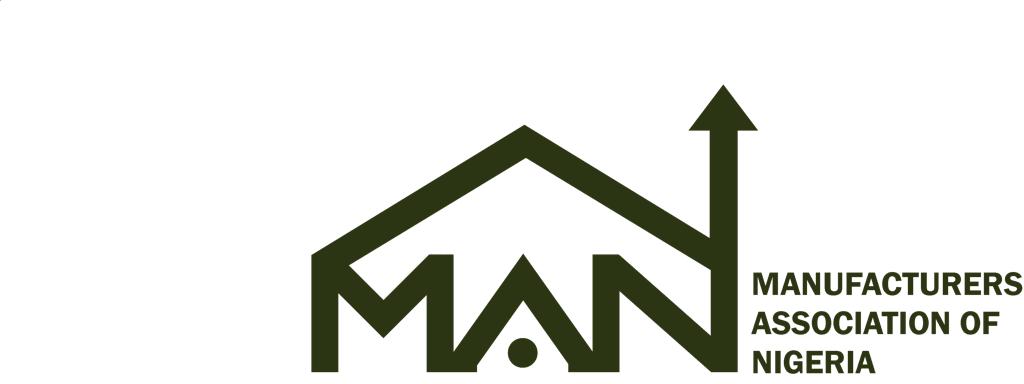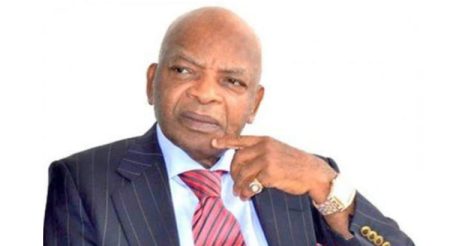The Imperative of a Legal Framework for Nigeria’s "Nigeria First" Policy: Safeguarding Local Manufacturing and Economic Growth
The Manufacturers Association of Nigeria (MAN) has issued a compelling call to the Federal Government to elevate the "Nigeria First" policy from a mere guideline to a legally binding instrument. This policy, designed to prioritize the procurement of locally manufactured goods by government agencies and departments, holds significant potential for revitalizing the nation’s manufacturing sector and fostering economic self-reliance. MAN argues that enshrining the policy in law is crucial for its effective implementation and enforcement, thereby ensuring its intended impact on the manufacturing landscape.
The rationale behind MAN’s advocacy stems from the recognition that a voluntary policy, however well-intentioned, lacks the teeth to compel adherence and achieve its desired outcomes. By giving the "Nigeria First" policy legal standing, the government can create a robust framework that mandates compliance across all relevant sectors, both public and private. This legal backing would not only ensure transparency and public awareness but also establish a mechanism for holding violators accountable. Such a framework is essential to prevent the policy from suffering the same fate as previous executive orders that failed to generate tangible results due to the absence of a formal legal structure.
MAN’s Director-General, Segun Ajayi-Kadir, has underscored the urgency of this call to action, highlighting the precarious state of the Nigerian manufacturing sector. He pointed to the alarming statistic of 767 manufacturing companies shutting down operations in 2023 alone, coupled with the loss of over 18,000 jobs in 2024. These grim figures paint a stark picture of the challenges facing manufacturers, including high interest rates, policy inconsistencies, decaying infrastructure, and currency depreciation, making the sector increasingly unsustainable. Against this backdrop, the "Nigeria First" policy, fortified by legal backing, emerges as a crucial lifeline for local manufacturers.
A legally binding "Nigeria First" policy would compel government agencies and departments to allocate a significant portion of their procurement budgets to locally produced goods. This guaranteed demand would create a stable market for Nigerian manufacturers, enabling them to expand production, invest in research and development, and create more jobs. The increased economic activity within the manufacturing sector would have a ripple effect throughout the economy, stimulating growth and reducing dependence on imported goods.
Beyond job creation and economic growth, the "Nigeria First" policy, when implemented effectively, can contribute to the development of local industries and the enhancement of technological capabilities. By prioritizing local manufacturers, the government would incentivize innovation and encourage the production of high-quality goods that can compete with imports. This would not only reduce Nigeria’s reliance on foreign products but also potentially open up export opportunities, further boosting the nation’s economy.
However, MAN cautions that the "Nigeria First" policy alone is not a panacea for all the challenges plaguing the manufacturing sector. The association has also identified several other critical areas requiring government intervention. These include resolving the $2.4 billion backlog in unsettled foreign exchange forwards, reversing the 15% increase in port charges imposed by the Nigerian Ports Authority, and removing the suspended 4% Free on Board levy on exports. These measures, combined with a legally binding "Nigeria First" policy, would create a more conducive environment for manufacturers to thrive and contribute meaningfully to the nation’s economic development.
MAN also emphasizes the importance of addressing the energy crisis, a major impediment to manufacturing activities. The association has urged the government to expedite the completion of the Ajaokuta-Kaduna-Kano gas pipeline, a project with the potential to inject 3.6 GW of power into the national grid, significantly alleviating the energy burden on manufacturers. Reliable and affordable energy is a fundamental requirement for a vibrant manufacturing sector, and the government’s commitment to this project is crucial for unlocking the sector’s full potential.
Furthermore, MAN has called on the Federal Government to adopt the recommendations outlined in its 2024 Manufacturers Summit Report as the foundation for a comprehensive national industrial policy. The association argues that a well-defined industrial policy is indispensable for guiding the development of the manufacturing sector and ensuring its alignment with national economic goals. A clear and coherent industrial policy would provide a roadmap for the sector’s growth, attracting investments, fostering innovation, and creating a more competitive and sustainable manufacturing landscape.
In essence, MAN’s call for the legal enactment of the "Nigeria First" policy reflects a broader appeal for a more strategic and supportive approach to the manufacturing sector. The association recognizes that the policy, in conjunction with other complementary measures, holds the key to unlocking the sector’s vast potential, driving economic growth, creating jobs, and fostering technological advancement. By heeding MAN’s recommendations, the Federal Government can lay the groundwork for a robust and resilient manufacturing sector that can play a pivotal role in Nigeria’s economic transformation. The time for decisive action is now, and the future of Nigerian manufacturing hangs in the balance. A legally enforced "Nigeria First" policy, coupled with targeted interventions to address critical challenges, can pave the way for a brighter future for the sector and the nation as a whole. This is not merely a policy recommendation; it is a strategic imperative for Nigeria’s economic prosperity.













